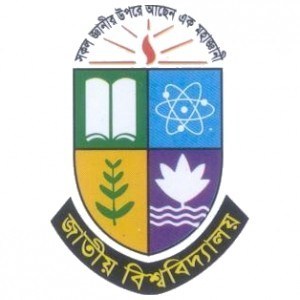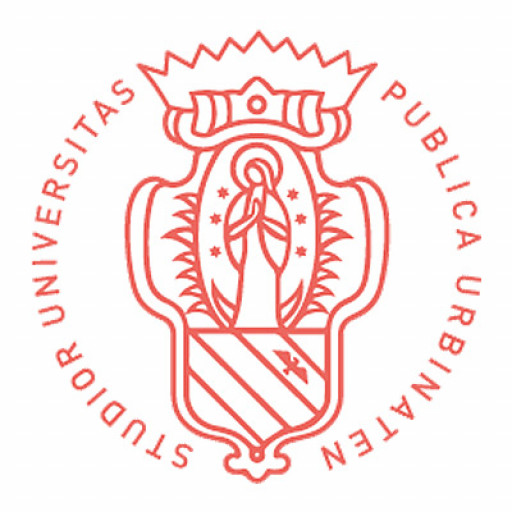Photos of university / #oxford_uni
The MSc in Social Policy at the University of Oxford offers an in-depth exploration of the theoretical frameworks, policy developments, and practical challenges involved in shaping social welfare systems around the world. This distinguished programme is designed for students who are passionate about understanding and addressing the complex social issues facing contemporary societies, including inequality, poverty, healthcare, education, and social justice. Through rigorous academic training, students will engage with current research, policy analysis, and case studies, fostering critical thinking and analytical skills essential for impactful careers in academia, government, third sector organizations, and international agencies.
The curriculum blends core modules in social policy analysis, research methodology, and politics with specialised options that reflect the diverse interests of students. These may include topics such as welfare state theories, comparative social policy, social inclusion, and policy implementation strategies. The programme emphasizes interdisciplinary approaches, drawing insights from economics, sociology, political science, and public administration to provide a comprehensive understanding of how social policies are developed, debated, and enacted.
Students benefit from the university’s world-class faculty, comprising leading experts in social sciences and public policy, as well as access to extensive research resources and policy networks. The programme also encourages practical engagement through seminars, workshops, and potential internships, enabling students to apply theoretical knowledge to real-world contexts. The MSc in Social Policy prepares graduates for a wide range of careers, including policy analysis, consultancy, research, advocacy, and leadership roles within governmental and non-governmental organizations.
Residency at Oxford, access to a diverse student body, and the opportunity to participate in seminars with policymakers provide a stimulating academic environment. The programme typically spans one academic year for full-time students, offering a challenging yet rewarding experience that combines rigorous coursework with independent research. Graduates of the programme leave equipped with the analytical tools, research skills, and policy understanding necessary to contribute innovatively to social policy development and implementation at the national and international levels.
The department welcomes DPhil candidates who are interested in a wide range of areas of social policy research, such as welfare systems in developed and developing countries, family and family policies, demography and social policy with a special focus on East Asia, educational inequalities and educational policies, social inequalities and social mobility and labour market policies. This varied research portfolio is organised within the Oxford Institute of Social Policy.
The department's approach to graduate study emphasises your ability to work independently to explore a new line of research under an academic supervisor. Each member of academic staff has expertise in a particular area of social policy and you will only be accepted for a DPhil if there is an appropriate supervisor available.
As a doctoral student, you will be offered a unique graduate programme tailored to your individual needs. In addition to individual supervision, the department offers a large and diverse range of seminars, workshops and advanced training opportunities in order to further enhance graduate research experience.
Applicants are normally expected to be predicted or have achieved a first-class or strong upper second-class undergraduate degree with honours (or equivalent international qualifications), as a minimum, in demography, economics, political science, psychology, social policy and social work and sociology, or closely-related fields.
However, entrance is very competitive and most successful applicants have a first-class degree or the equivalent.
For applicants with a degree from the USA, the minimum GPA sought is 3.7 out of 4.0.
A previous master's degree is a requirement.
If you hold non-UK qualifications and wish to check how your qualifications match these requirements, you can contact the National Recognition Information Centre for the United Kingdom (UK NARIC).
No Graduate Record Examination (GRE) or GMAT scores are sought.
- Official transcript(s)
- CV/résumé
- Research proposal: Up to 2,000 words
- Written work:Two essays of 2,500 words each
- References/letters of recommendation:Three overall, generally academic
ENGLISH LANGUAGE REQUIREMENTS
Higher level
|
Test |
Standard level scores |
Higher level scores |
||
|
IELTS Academic |
7.0 | Minimum 6.5 per component | 7.5 | Minimum 7.0 per component |
|
TOEFL iBT |
100 |
Minimum component scores:
|
110 |
Minimum component scores:
|
| Cambridge Certificate of Proficiency in English (CPE) | 185 |
Minimum 176 per component |
191 |
Minimum 185 per component |
| Cambridge Certificate of Advanced English (CAE) | 185 |
Minimum 176 per component |
191 |
Minimum 185 per component |
- Global Education
- Hill Foundation Scholarships
- A number of Research Council awards are available each year from the Economic and Social Research Council (ESRC), the Natural Environment Research Council (NERC), and Arts and Humanities Research Council (AHRC).
The MSc in Social Policy at the University of Oxford offers a comprehensive and rigorous curriculum designed to provide students with a deep understanding of social policy issues, theories, and practices. The program aims to equip graduates with the analytical skills necessary to critically evaluate social policies and their impacts across different contexts and populations. It draws on the multidisciplinary expertise of faculty members in political science, sociology, economics, and public health, ensuring a broad yet detailed exploration of contemporary social challenges.
Students engage with a variety of core modules covering key themes such as welfare state development, social justice, policy evaluation, and comparative social policy. The program emphasizes both theoretical foundations and practical applications, preparing students for careers in policy analysis, government, non-governmental organizations, international agencies, and academia. Teaching methods include lectures, seminars, workshops, and supervised research projects, fostering an interactive learning environment that promotes critical thinking and collaborative inquiry.
In addition to coursework, students undertake a dissertation that allows them to explore a specific social policy issue in depth, often involving primary research and data analysis. The program also offers opportunities for internships and networking events, connecting students with practitioners and policymakers. The university's location in Oxford provides access to a wealth of academic resources, research centers, and a vibrant scholarly community. Graduates of the MSc in Social Policy are well-prepared to influence policy development and reform, contributing to positive social change locally, nationally, and internationally.
The program typically attracts students from diverse backgrounds, including those with previous experience in social sciences, public administration, law, or related fields. Entry requirements generally include a good undergraduate degree, usually a first-class or strong upper second-class, in a relevant subject, along with proof of proficiency in English language. The MSc in Social Policy at Oxford is a one-year full-time program, with options for part-time study in some cases, designed to foster an intensive and immersive educational experience.
Overall, the MSc in Social Policy at Oxford stands out for its academic excellence, its focus on practical policy issues, and its commitment to developing future leaders who can address complex social challenges in innovative and effective ways. The program's reputation, combined with Oxford’s extensive academic resources and its global alumni network, makes it an excellent choice for ambitious students aiming to make a meaningful impact in the field of social policy.










